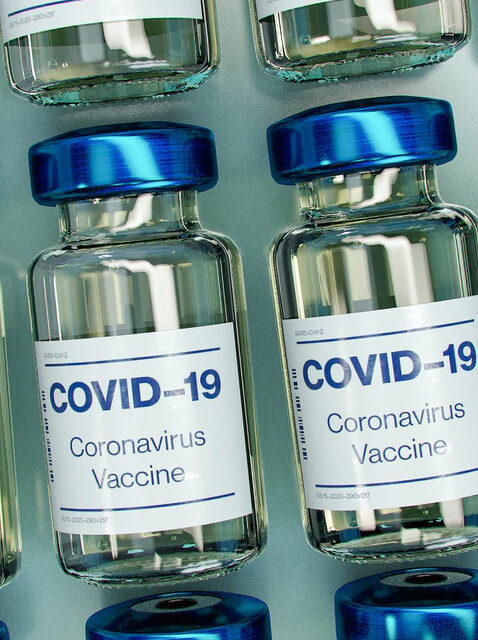Will vaccine mandates become prevalent in the business community?
Photo by Daniel Schludi on Unsplash
@BryanRenbaum
With the Delta variant rapidly spreading, particularly among unvaccinated Americans, the question of vaccine mandates looms on the horizon.
After all, White House Chief Medical Advisor Dr. Anthony Fauci recently expressed his support for local governments to increase such mandates for both schools and businesses.
And in Europe, vaccine mandates are in full swing, with France recently becoming the first country on the continent to require proof of vaccination for travel and to enter certain restaurants and clubs.
Could that happen here in the U.S.?
If so, how prevalent are these mandates likely to become?
Will businesses soon require their employees to be vaccinated as a condition of employment? Are they allowed to do that? Is that option feasible?
“We are seeing some businesses creating vaccine mandates. However, this is a challenge because of exceptions that need to be made due to federal laws limiting impositions on religious freedoms as well as the Americans with Disabilities Act,” Jennifer Berman, a Pikesville-based employee benefits attorney, told MarylandReporter.com. “Many employers also have fears about liability that may be mitigated by full approval of the vaccine.”
Berman added: “Generally, I don’t think a lot of businesses will end up implementing mandates. It’s just complicated and carries legal risk that many business owners may decide it’s not worth taking on.”
Sarah Sawyer, a labor and employment attorney with the Baltimore-based law firm Offit Kurman, said vaccine mandates could create headaches for employers.
“When employers mandate vaccination, they have to be prepared to enforce the policy if an employee refuses to get vaccinated, which could cause them to lose top talent in a competitive job market where replacements are hard to find.”
However, Sawyer also said that government support for vaccine mandates could make things easier for businesses.
“Support from public health officials, like Dr. Fauci, for mandatory vaccination may change the outcome of that analysis by lessening the potential for a mandatory policy to negatively impact business owners, ultimately leading to more employer mandates.”
How do business leaders feel about vaccine mandates?
Frederick County Chamber of Commerce President and CEO Rick Weldon said such mandates are unlikely to become commonplace until the government changes the vaccine authorization process from emergency use to full approval.
“Most businesses, especially small businesses, are going to be resistant to any type of mandate until the vaccines are granted full CDC/FDA approval. Given the litigious nature of society pre-COVID, I certainly wouldn’t advise any of our members to go down that road until the government provides them the assurance that they’ll be covered.”
Moreover, the question of mandates puts business owners in a tough position, Weldon said.
“Each business owner is different, and they’re divided along the lines that the rest of society is. Some continue to harbor serious concerns about the pandemic and retain vestiges of the rigorous compliance for customers, employees, and visitors. Others are less concerned about gathering, vaccinations, masking, and public health guidance but want to make customers feel safe. Still, others are already fully reopened and returned to normal, so a vaccine mandate just seems like a step backward that they’d reject. I think this will be, like almost everything that has happened, a mixed bag of confusing and complicated guidance that will cause more questions than answers for the private sector.”
Howard County Chamber of Commerce President and CEO Leonardo McClarty agreed, saying the issue of mandates is indeed a complicated one.
“The issue of mandatory vaccination is one that many businesses are contemplating. We are seeing it already in hospitals, education, and some public health/allied health businesses. Others may be contemplating, but the issue is complex particularly in the legal arena. Further, some businesses are leery of mandating as they don’t want this to be an issue that leads to the loss of key employees, yet they want to take proper care of employees and customers.”
Maryland has one of the highest vaccination rates in the nation, with 76% of the state’s population having received at least one dose of the vaccine. Nationally, that number is about 57%.
Last month 130 people in Maryland died from COVID. All of them were unvaccinated.
A MyBioSource.com survey released on Thursday found that 65% of Marylanders said that they intend to refrain from contact with unvaccinated colleagues and friends.

MarylandReporter.com is a daily news website produced by journalists committed to making state government as open, transparent, accountable and responsive as possible – in deed, not just in promise. We believe the people who pay for this government are entitled to have their money spent in an efficient and effective way, and that they are entitled to keep as much of their hard-earned dollars as they possibly can.

